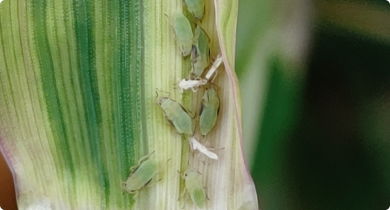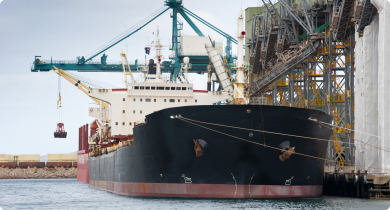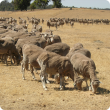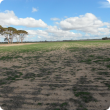Crops
The Department of Primary Industries and Regional Development continues to support the growth and international competitiveness of all crop industries in Western Australia.
With a 2400 kilometre span from its tropical north to its temperate south, WA supports a broad range of cropping industries from rain-fed winter cereals through to irrigated horticultural crops.
In the 2012/13 year the WA cropping industries exported a total of $3.9 billion which comprised: $3.1 billion of cereals, $859 million of pulses, pastures and oilseeds, $142 million of horticultural crops. The major contributors to these exports were wheat ($2.7 billion), canola ($756 million), barley ($377 million), lupins ($42 million), carrots at $48 million, oats ($12 million), and strawberries at $5.5 million.
Articles
Filter by search
Filter by topic
- Livestock & animals (9) Apply Livestock & animals filter
- (-) Remove Pasture management filter Pasture management
- (-) Remove Pastures filter Pastures
- (-) Remove Livestock species filter Livestock species
- (-) Remove Livestock management filter Livestock management
- Sheep (7) Apply Sheep filter
- Feeding & nutrition (5) Apply Feeding & nutrition filter
- Livestock research & development (3) Apply Livestock research & development filter
- Pasture species (2) Apply Pasture species filter
- Beef cattle (2) Apply Beef cattle filter
- Management & reproduction (1) Apply Management & reproduction filter
- Irrigated crops (1) Apply Irrigated crops filter













